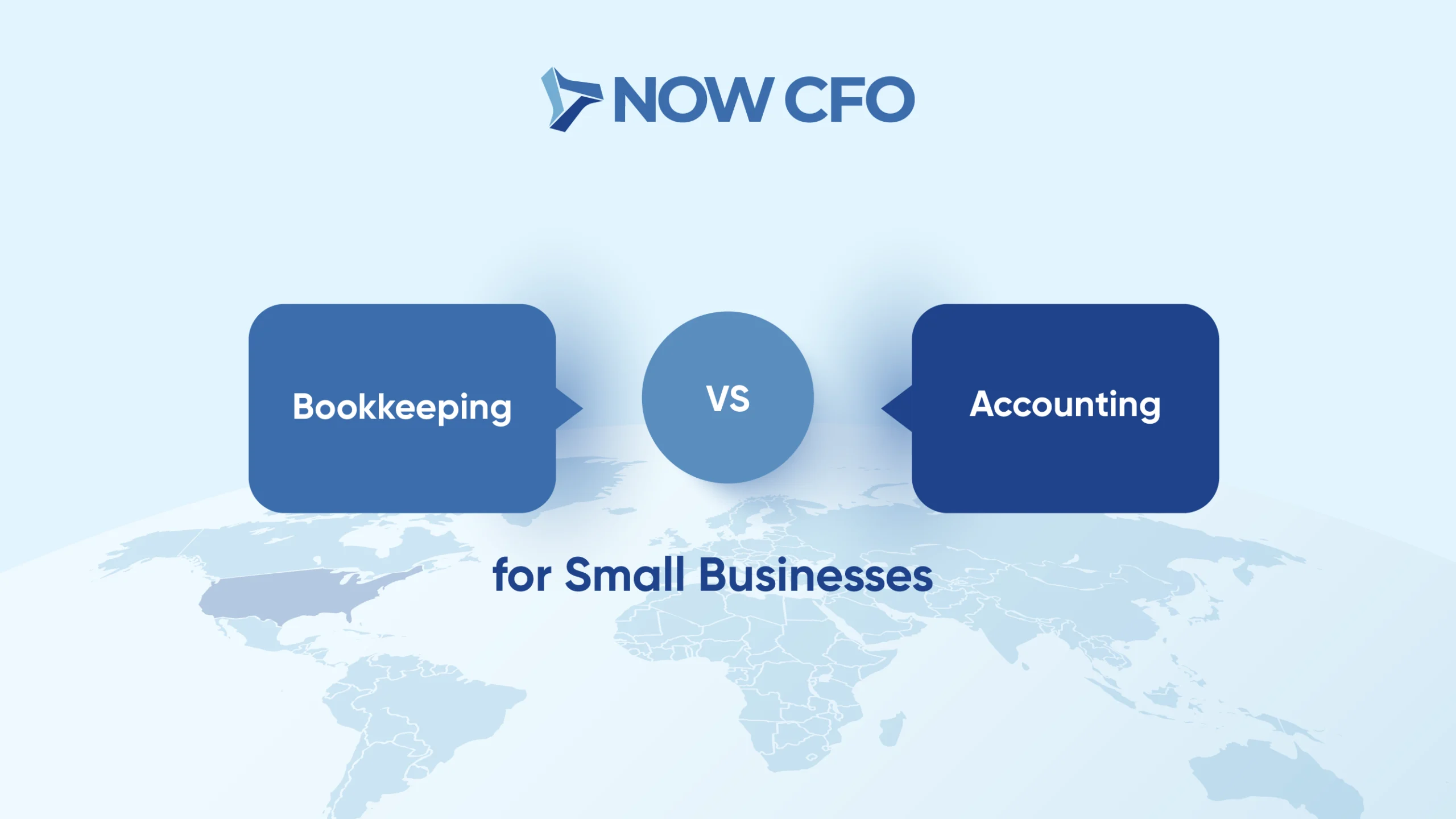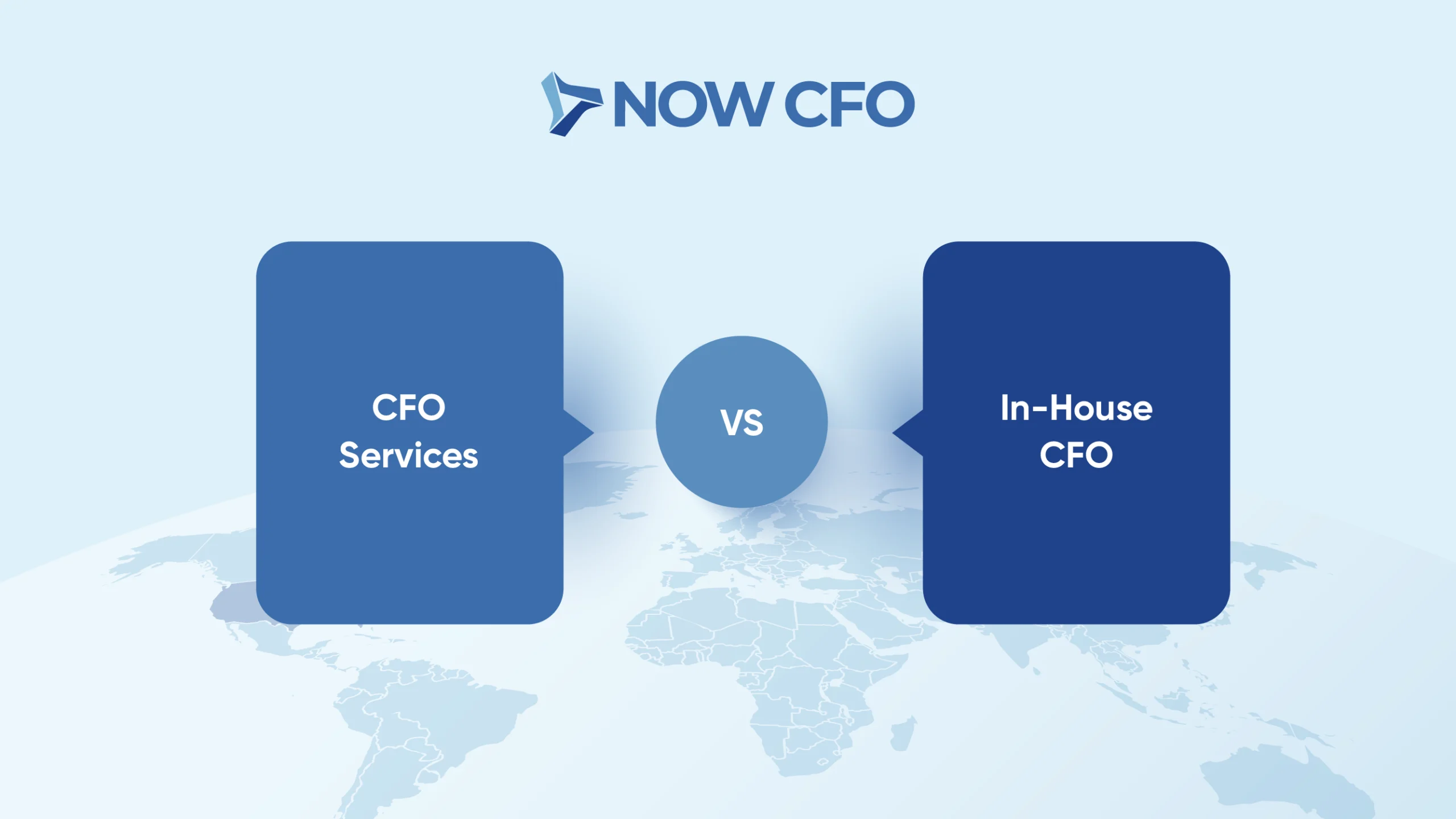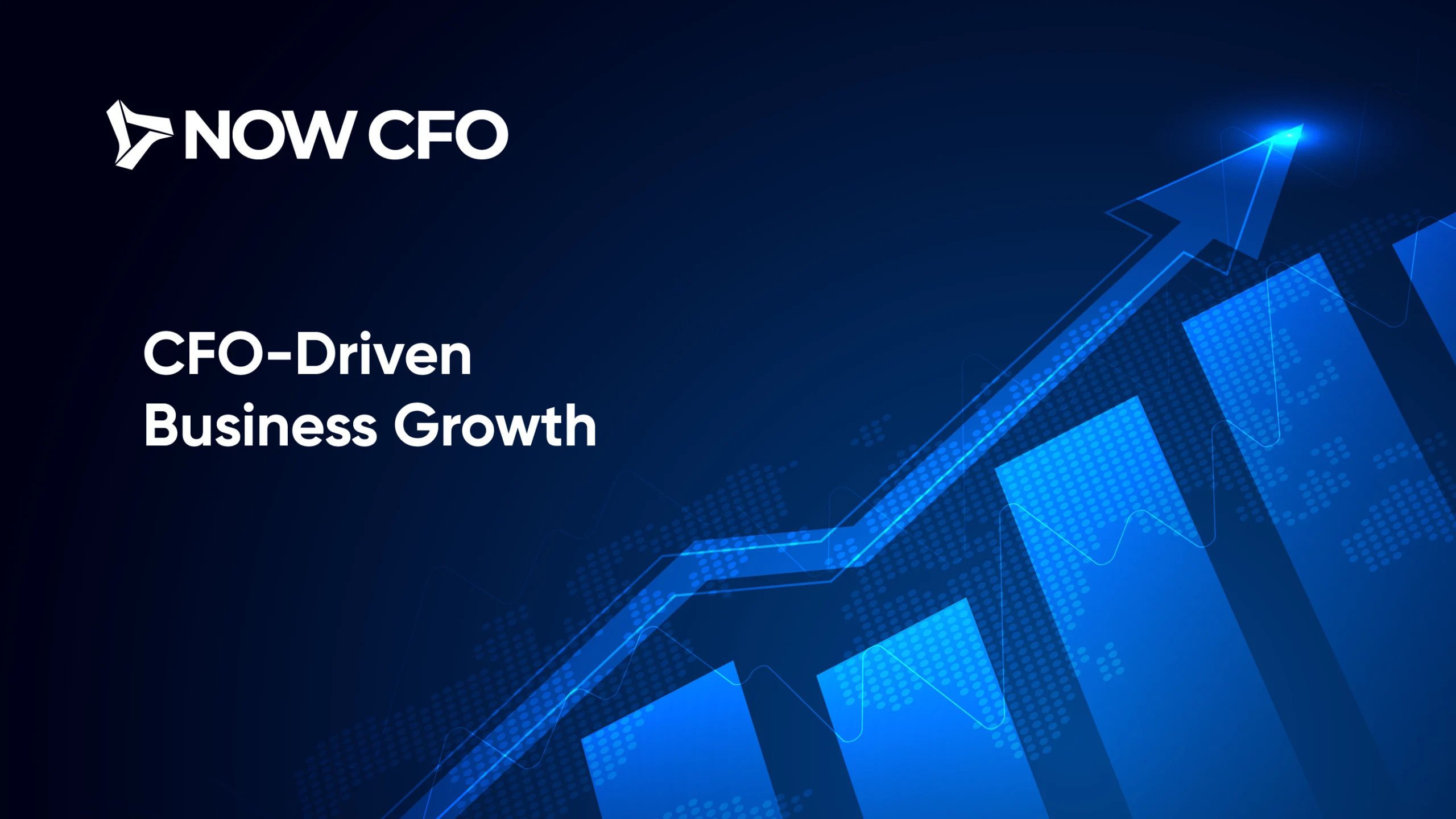
As a business owner, you might have heard the term “business valuation” thrown around. But what does it actually mean? And more importantly, what role do CFOs play in this process? In this blog post, we will explore the exciting world of business valuation and how CFOs can be your number-crunching superheroes!
What is Business Valuation?
A shocking statistic: 98% of business owners do not know their company’s value.
Business valuation is the process of determining the worth of a business. It is like putting a price tag on your business so you can understand its value in the marketplace. This is important for a variety of reasons, such as:
- Selling your business: If you’re looking to sell your business, you’ll need to know its value so you can set a fair price and negotiate with potential buyers.
- Mergers and acquisitions: If you are considering merging with or acquiring another business, you’ll need to know its value so you can determine whether it’s a good investment.
- Legal disputes: In the event of a legal dispute, such as a divorce or partnership dissolution, business valuation can help determine the fair value of the business assets.
The Role of a CFO in Business Valuation
So, where do CFOs come in? CFOs play a crucial role in business valuation by providing their expertise in financial analysis and reporting. They can help identify key financial metrics, analyze financial statements, and interpret financial data to help determine the value of a business.
Some key areas where CFOs can add value to the business valuation process include:
- Financial Analysis: CFOs can analyze financial statements to identify key financial metrics, such as revenue growth, profitability, and cash flow.
- Market Research: CFOs can conduct market research to compare a business to other similar businesses in the industry to determine the value of a business.
- Forecasting: CFOs can use financial data to create forecasts for future earnings and cash flow, which can be used to determine the value of a business.
- Due Diligence: CFOs can conduct due diligence on a business to identify any potential red flags or financial risks that could impact its value.
Unleash the Power!
So, what does it take to be a number-crunching superhero CFO? What should you look for in hiring your superhero? Here are a few traits that can make all the difference:
- Attention to Detail: CFOs are like detectives, they need to be meticulous in their work, paying close attention to even the smallest details to ensure accurate financial analysis and reporting. They won’t let anything slip through the cracks!
- Analytical Thinking: CFOs need to be able to analyze financial data and identify trends and patterns to provide valuable insights into a business’s financial health. A real superhero CFO has the power to turn financial data into valuable insights for your business.
- Problem-Solving Skills: Just like MacGyver, CFOs need to be able to think on their feet and come up with creative solutions to financial challenges. No challenge is too big for them to conquer!
- Communication Skills: CFOs need to be able to communicate financial information clearly and effectively to stakeholders at all levels of the organization. They can even make financial statements sound exciting!
CFOs are not just number crunchers; they are superheroes who possess skills that can make or break a business. From paying attention to the smallest details to solving complex financial problems, their contributions are essential for any business looking to succeed. So, if you haven’t already, it’s time to unleash the power of your CFO and leverage their expertise in financial analysis and reporting to optimize your business performance. Don’t wait until it is too late to realize the value they can bring to your business. Invest in your CFO today and watch your business soar to new heights! Remember, a business without a good CFO is like a superhero without their power – it is just not complete.














